Due to COVID-19 and orders to stay sheltered at home or fears of being quarantined, the supermarkets are crowded with long lines. How do you stay safe at the grocery store and should you be concerned about the food you buy? Here are some grocery shopping tips that’ll increase your chances of staying safe.
In the Store
1. Avoid the crowds.
- Shop in the early morning or late evening to minimize exposure to people.
- Buy enough food to last 2 weeks to reduce the number of visits to the store.
2. Clean the shopping cart seat and handle. Sanitize hands. Carry wipes and gloves with you in case the stores are out of wipes.
- DO NOT touch your mouth, nose, or eyes at any time in the store!
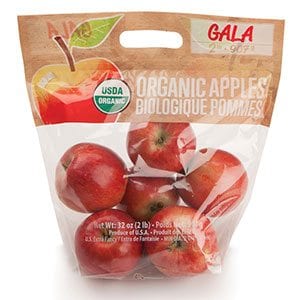 3. Buy packaged produce. This ensures that the fewest number of hands have touched your food. Frozen foods have the added advantage of being frozen when ripe, and they are at their peak nutritional value.
3. Buy packaged produce. This ensures that the fewest number of hands have touched your food. Frozen foods have the added advantage of being frozen when ripe, and they are at their peak nutritional value.
- Packaged or wrapped produce, e.g., bagged lettuce, apples, carrots, green beans, cucumbers (English cucumbers are wrapped tightly in plastic) instead of loose — especially if you’re eating these foods raw.
- Frozen fruits/vegetables which also have the added advantage of being picked and frozen at peak nutritional value.
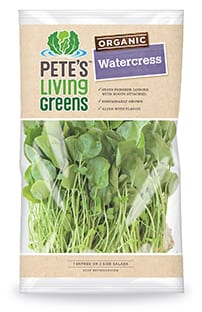
4. Buy longer-lasting fresh fruits and vegetables.
- Fruits, e.g., bananas that you can freeze (for future smoothies), apples, oranges
- Vegetables, e.g., broccoli Brussels sprouts, cauliflower, carrots, potatoes and “live lettuce/greens”. With live greens, you can have ‘fresh-picked’ leafy greens (including watercress) that last for 7+ days. Really!
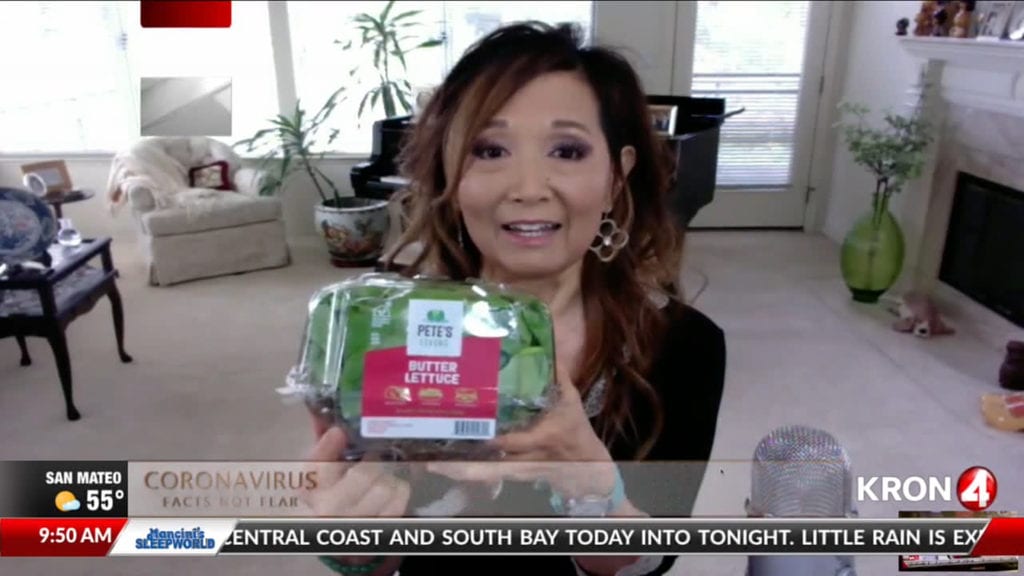
At the Checkout
- If possible, opt for the “self-checkout”. Checking out your own groceries means two fewer people are handling your food (the checker and the bagger).
- Wipe down the self-checkout area: the shelf, touchscreen, bagging area, and credit card machine.
At Home:
- Create a “quarantined” area near the entrance for groceries, so they don’t contaminate your home.
- Leave non-perishable items (cans, dry goods, etc) in the quarantined area for a day or two to allow viruses to die.
- Wipe all cans, packaging, and cardboard boxes with disinfectant wipes, before putting them in your pantry or refrigerator.
- Wash all fruits and veggies before eating. Wash lettuce even if it’s been “triple-washed”.
![]() Karen’s Fit Tip: Food in the grocery stores has been touched by many people. Minimize your exposure to people in the store; limit the number of people handling your food; and take steps to clean your food before it enters your home.
Karen’s Fit Tip: Food in the grocery stores has been touched by many people. Minimize your exposure to people in the store; limit the number of people handling your food; and take steps to clean your food before it enters your home.

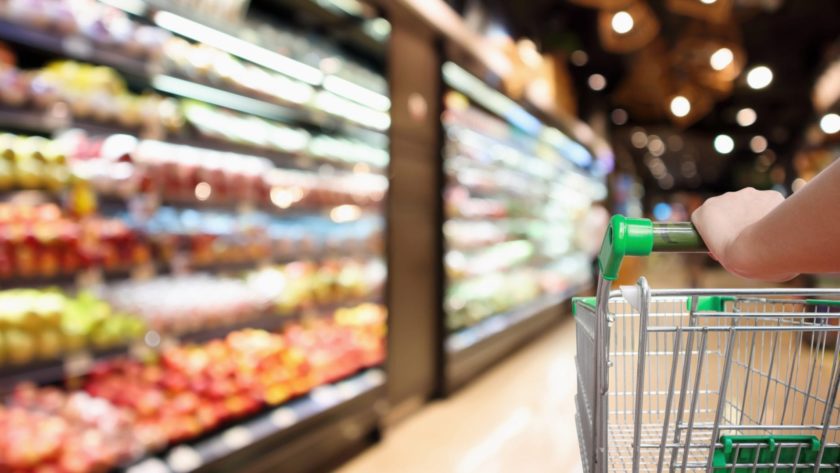

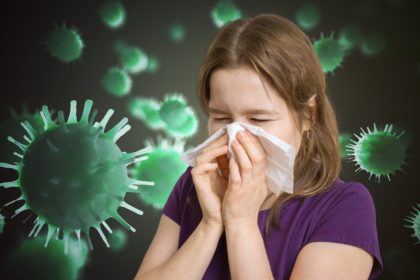

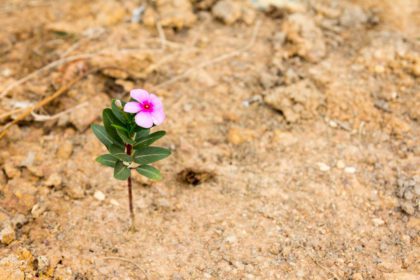
Great info. Thank you for sharing.
You’re so welcome, Anne!